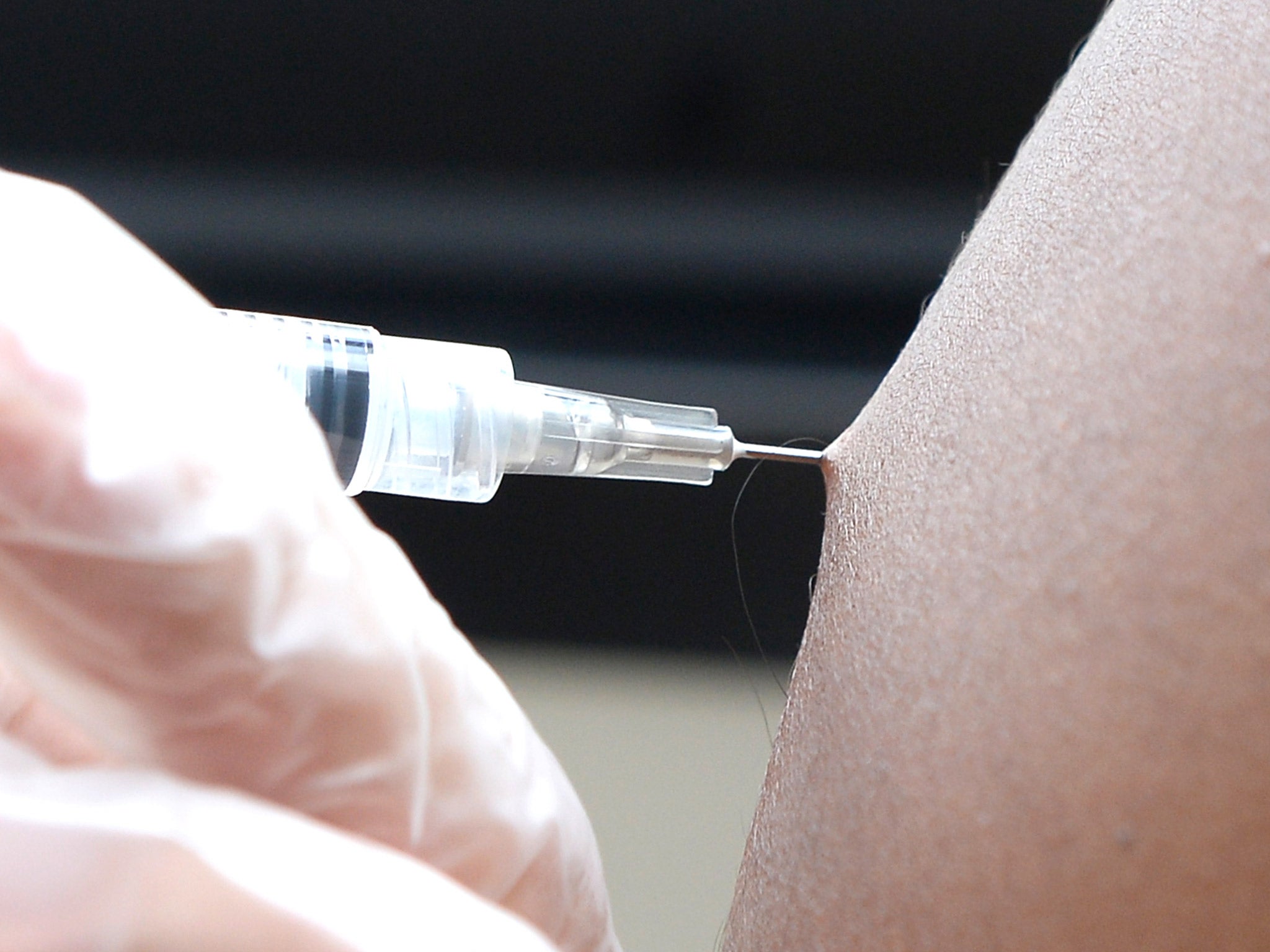Meningitis W: Students urged to get vaccinated against ‘potentially deadly disease’
Up to a quarter of students carry the bacteria that can cause meningitis, compared to one in ten of the general population, warns charity

Your support helps us to tell the story
From reproductive rights to climate change to Big Tech, The Independent is on the ground when the story is developing. Whether it's investigating the financials of Elon Musk's pro-Trump PAC or producing our latest documentary, 'The A Word', which shines a light on the American women fighting for reproductive rights, we know how important it is to parse out the facts from the messaging.
At such a critical moment in US history, we need reporters on the ground. Your donation allows us to keep sending journalists to speak to both sides of the story.
The Independent is trusted by Americans across the entire political spectrum. And unlike many other quality news outlets, we choose not to lock Americans out of our reporting and analysis with paywalls. We believe quality journalism should be available to everyone, paid for by those who can afford it.
Your support makes all the difference.Young people heading off to college or university this autumn are being urged to get vaccinated against an aggressive and deadly strain of meningitis known as MenW.
The warning comes from Public Health England (PHE) as cases of MenW have been increasing year-on-year, from 22 in 2009 to over 200 in the past 12 months.
Students are particularly at risk of meningitis and septicaemia because they mix with so many others, some of whom are unknowingly carrying the bacteria. Overall, anyone up to the age of 25 is strongly advised to get the vaccination, whether starting college or not.
PHE said the disease can develop suddenly and progress rapidly. Early symptoms include headache, vomiting, muscle pain, fever, and cold hands and feet. Students are being alerted to the signs and symptoms and have been told not to wait for a rash to develop before seeking medical attention. They are also encouraged to look out for the same in their friends, particularly if they go to their room unwell.
To ensure immunity, PHE said young people should get vaccinated before term starts, and emphasised how anyone is still able to get the jab from their new GP in their college town.
The vaccine not only protects those who are vaccinated, but also helps control the spread of the disease amongst the wider population. This is the second year the vaccine is being offered to this age group.
Dr Mary Ramsay, head of immunisation at PHE, described how protecting young people from this “potentially deadly disease” as they embark upon one of the most important periods of their lives is “vitally important.” She said: “The vaccination will save lives and prevent lifelong devastating disability.
“We are encouraging all eligible 17 and 18 year-olds who have just left school to get vaccinated - particularly those heading to college or university. Young people and those around them should be alert to the signs and symptoms of meningitis and septicaemia. Get vaccinated as soon as possible, remain vigilant, and seek urgent medical help if you have concerns for yourself or friends.”
Liz Brown, chief executive at Meningitis Now, UK’s largest meningitis charity, also stepped in to warn young people. She said: “Up to a quarter of students carry the bacteria that can cause meningitis compared to one in ten of the general population. In the UK, every university could experience at least one case of meningitis amongst its students within the first term.
“It’s vital that those going to uni this autumn are not complacent about the threat of meningitis - we urge them to take up this lifesaving vaccine before they go.”
Join our commenting forum
Join thought-provoking conversations, follow other Independent readers and see their replies
Comments